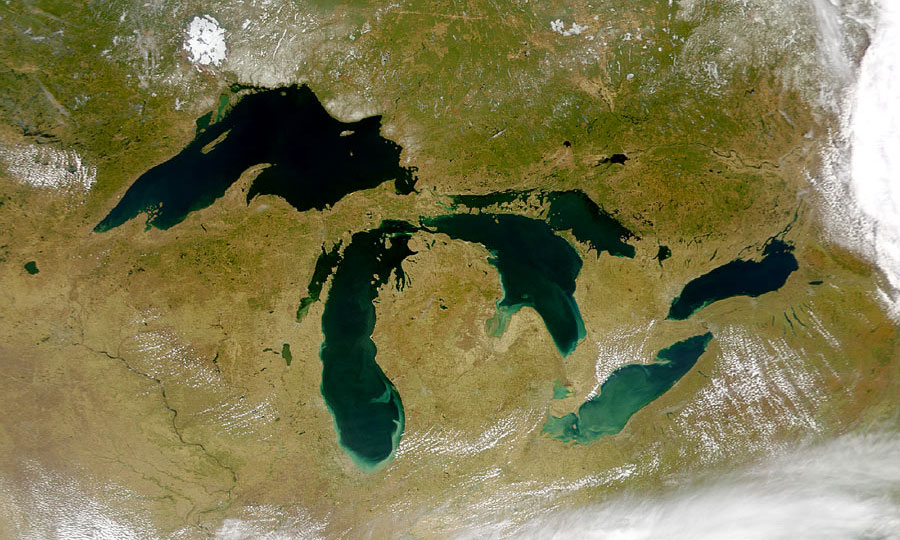 The Chemicals Policy Initiative of the Lowell Center for Sustainable Production at the University of Massachusetts Lowell and the Michigan Department of Environmental Quality (DEQ) are offering a training on the REACH (Registration, Evaluation, and Authorization of Chemicals) legislation in September 2007. The training, entitled Turning REACH into an Opportunity: A Training on Implementing The European Union’s New REACH Legislation, will be held September 27 at the Lansing Community College West Campus in Lansing, MI. The following press release from the DEQ describes the training:
The Chemicals Policy Initiative of the Lowell Center for Sustainable Production at the University of Massachusetts Lowell and the Michigan Department of Environmental Quality (DEQ) are offering a training on the REACH (Registration, Evaluation, and Authorization of Chemicals) legislation in September 2007. The training, entitled Turning REACH into an Opportunity: A Training on Implementing The European Union’s New REACH Legislation, will be held September 27 at the Lansing Community College West Campus in Lansing, MI. The following press release from the DEQ describes the training:
“REACH— Registration, Evaluation, and Authorization of Chemicals— is the recently adopted overhaul of the chemicals management system in the European Union (EU). Entered into force June 1, 2007, REACH has important implications for US firms exporting to European Member States.
adopted overhaul of the chemicals management system in the European Union (EU). Entered into force June 1, 2007, REACH has important implications for US firms exporting to European Member States.
Attend this one-day training to learn from one of the few REACH authors and other experts about what you need to know to comply with REACH, stay competitive, and advance more sustainable chemicals management in your firm.
Why Should I Attend?
The new REACH system puts much more responsibility on companies to collect data on most chemicals on the market, assess the risk of these chemicals, and define safe use down the supply chain. It also requires companies to justify continued use of chemicals of very high concern. Any company exporting chemicals or chemical mixtures into the EU; competes in Europe, the US or elsewhere with products meeting European standards; or exports finished products to Europe has been effected by REACH.
This training session will help US companies prepare for REACH and turn it from a challenge into an opportunity. European companies have been preparing for the challenges and opportunities of REACH for several years— US companies must be prepared to remain competitive. Attendees will receive a database of tools and resources to help them make informed decisions about chemicals alternatives.
Complete conference agenda and registration information will be available on the Web by late July at www.chemicalspolicy.org. Registration fee is $100 and includes continental breakfast, lunch, and conference materials. Pre-registration and pre-payment is required. Registration and Information Contact: Yve Torrie, Lowell Center for Sustainable Production, 978-934-3121.”
Note that this event has been posted to the GLRPPR calendar, and an electronic version of the registration brochure will be linked to that event record when it becomes available. As part of Michigan DEQ’s Green Meetings Initiative, all marketing of this training will be done electronically. For more information on DEQ trainings, see the Trainings and Workshops section of the DEQ web site.
Thanks to Jennifer Acevedo of Michigan DEQ for providing this information.

 In a
In a 
 The
The  adopted overhaul of the chemicals management system in the European Union (EU). Entered into force June 1, 2007, REACH has important implications for US firms exporting to European Member States.
adopted overhaul of the chemicals management system in the European Union (EU). Entered into force June 1, 2007, REACH has important implications for US firms exporting to European Member States. The
The 